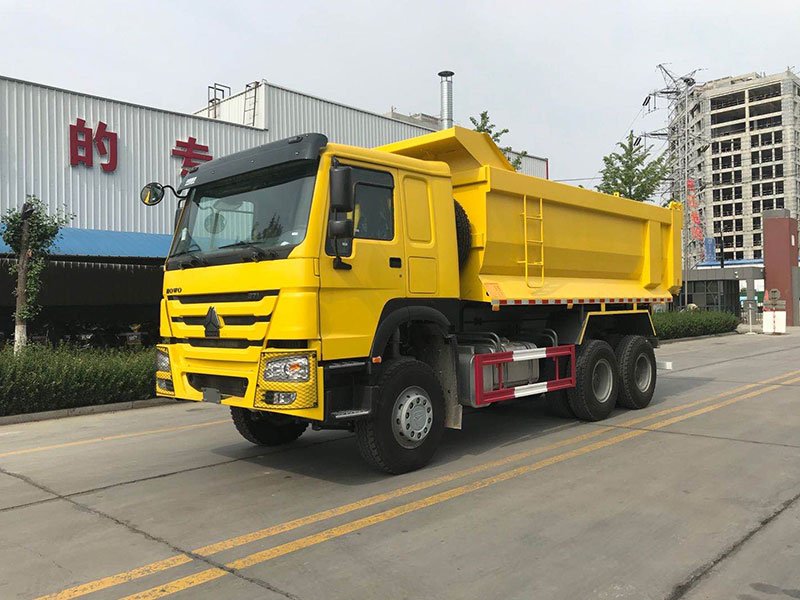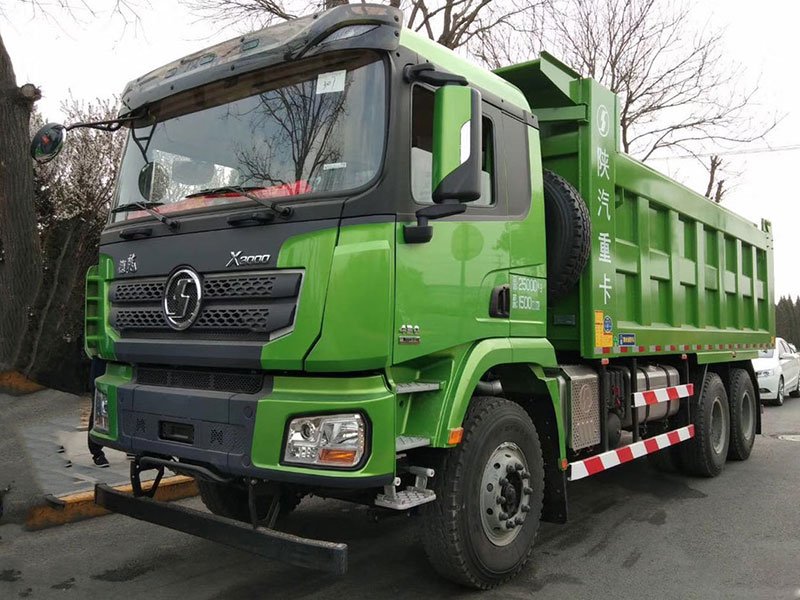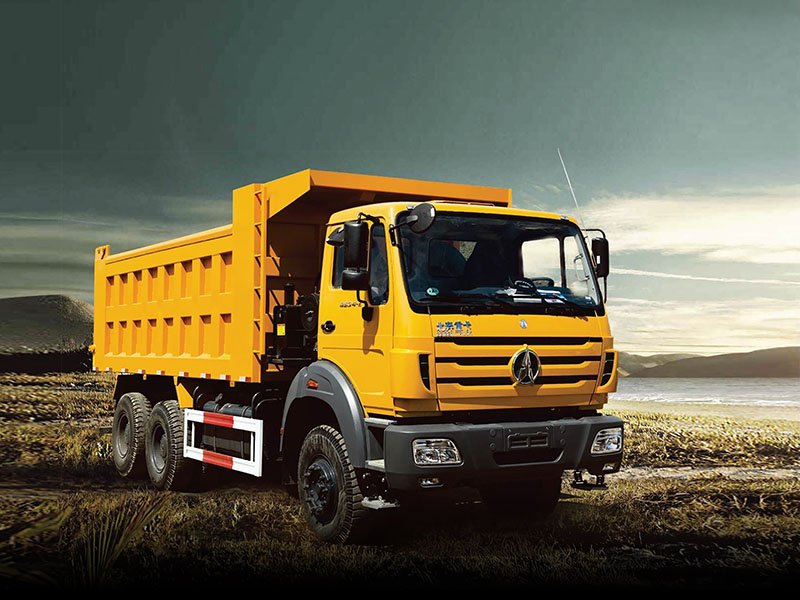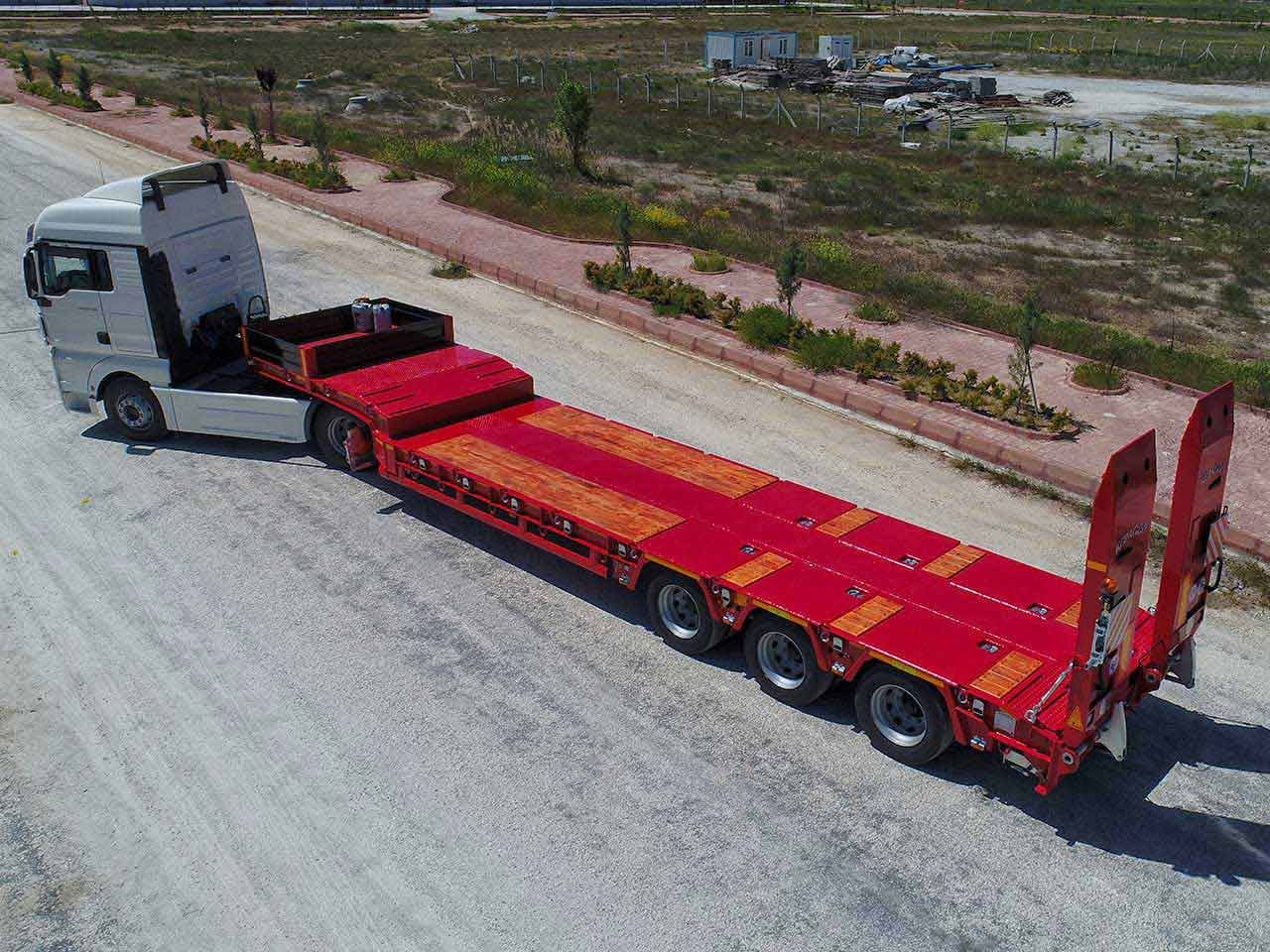Material Handling Equipment
Category
Spare Parts
Contact Us
What Is Material Handling Equipment ?
Material handling equipment is a collective term for machinery and tools used to move, load or unload raw materials, semi-finished products or finished products, covering a wide range of categories from simple conveyor belts to heavy-duty vehicles. Its core function is to replace manpower with mechanized operations to achieve efficient, safe and continuous movement of materials, thereby optimizing production processes, lowering operating costs and reducing labor risks.
Main Uses and Applications:
- Construction Engineering
For loading, unloading and short-distance transfer of sand, cement, steel and other building materials, typical equipment includes sinotruk tipper trucks, shacman tipper trucks, beiben tipper trucks, etc., which play an important role in construction site environments by virtue of their high loads and strong power. - Special Transportation
For large or specially shaped cargo (such as construction machinery, power equipment, prefabricated structures), special equipment is required, such as low-flatbed semi-trailers, whose low center of gravity and multi-axle design can safely carry overweight and over-regulated cargo. - Mining
The large-scale transportation of ore and earth in mining areas relies on heavy equipment such as mining dump trucks to meet the needs of high-intensity and large-volume operations.
Material Handling Equipment One-Stop Provider
- Material handling equipment is the backbone of mining, construction, logistics and other industries, covering dump trucks, semi-trailers and other types of heavy machinery. With its strong power and high reliability, Sinotruk Dump Truck has become the first choice for mining and major projects; Shacman Dump Truck is widely used in coal, sand and gravel transportation with its excellent load bearing and fuel economy; Beiben Dump Truck has a particularly good performance in bad working conditions with its military quality and excellent durability.
- Lowbed Trailers are specially designed for the transportation of large equipment, with its ultra-low cargo platform structure and multi-axle distributed load-bearing characteristics, which can safely and efficiently transport construction machinery, power generation equipment, prefabricated components and other over-sized goods. Together, these equipments build a modernized logistics and transportation system, which significantly improves the material turnover efficiency and reduces the operation cost. Choosing deruna ensures transportation safety and long-term profitability!
- Deruna offers the following brands of dump trucks: Sinotruk,Shacman,Beiben.

Sinotruk Dump Truck
- Drive Type: 4x2,6x4,8x4
- Number Of Tire: 6/10/12 Wheel
- Engine Brand: Weichai
- Price: US$ 38000-42000

Shacman Dump Truck
- Drive Type: 4x2,6x4,8x4
- Number Of Tire: 6/10/12 Wheel
- Engine Brand: Weichai/Cummins
- Price: US$ 38000-42000

Beiben Dump Truck
- Drive Type: 4x2,6x4,8x4
- Number Of Tire: 6/10/12 Wheel
- Engine Brand: Weichai/Yuchai
- Price: US$ 38000-42000

Lowbed Trailer
- Axle Number: 3 Axle/4 Axle
- Tire Number: 8-12
- Load Capacity: 30-120 Ton
- Types of Suspension Systems: Leaf Spring Suspension
- Price: US$ 500000-550000
Why Choose Us?
Providing The Best Material Handling Equipment And High-Quality Spare Parts For Your Projects
**A: ** The core of selection is “the right medicine”. Mainly consider the following points:
- **Material characteristics **: bulk materials (such as grain, gravel) or unitized goods (such as pallets, boxes)? What is the weight, size and form?
- **Operation process**: Is it horizontal handling (choose forklift, dump truck), vertical lifting (choose forklift, crane), or continuous conveying (choose conveyor belt)?
- **Site environment**: indoor or outdoor? Is there any limitation on the width of warehouse aisle, floor loading, and door height?
- **Efficiency requirements**: What is the required handling frequency and speed? Is 24-hour continuous operation required?
- **Recommendation**: Provide us with detailed information on working conditions, we can usually provide the most professional selection program.
**A:** Safety is a top priority. Modern material handling equipment is usually equipped with multiple protections:
- * **Active Safety**: Includes overload protection, tipping protection, limit switches, emergency power-off buttons, warning lights and horns.
- * **Passive safety**: e.g. cab guards (FOPS/ROPS), anti-skid pedals, safety rails.
- * **Technical safety**: some high-end units also have intelligent features such as 360° panoramic images, pedestrian detection systems, and high automatic speed limits.
- * **Operational safety**: Ensure that operators are licensed and receive regular training, and that they strictly comply with safety operating procedures.
**Answer:** Cost assessment needs to look at the entire life cycle:
- * **Purchase cost**: the price of a one-time purchase of equipment.
- * **Operating Costs**: This is the “hidden” big one, including **energy consumption** (electricity or oil), **regular maintenance**, **repair costs**, **wearable parts replacement** and **labor costs**.
- * **Return on Investment (ROI)**: Efficient equipment creates value by improving handling efficiency, lowering labor costs, and reducing cargo damage. To calculate ROI, compare the equipment investment with the cost it saves you and the benefits it brings. Choosing equipment that is highly reliable and fuel/electricity efficient has a better ROI in the long run.
**A:** Reliable after-sales service is the key to guarantee the continuous operation of the equipment. It must be clear at the time of inquiry:
- * **Warranty period**: what is the warranty period for the whole machine and key components (e.g. engine, motor, hydraulic system)?
- * **Warranty Coverage**: What conditions are covered by the warranty? Are labor and parts included?
- * **Service network**: Are there service outlets in your area? Is the spare parts inventory sufficient?
- * **Response time**: How long does it take for an engineer to arrive after the equipment fails? Does it provide 24-hour service support?
**A:** The user-friendly design reduces learning costs and maintenance difficulties.
- * **Operation**: Modern equipment focuses on ergonomics, with intuitive control interfaces, comfortable seats and good visibility. However, all operators must receive **formal training** and obtain an operator’s license, which is a prerequisite for safety.
- * **Maintenance**: The equipment should be easily accessible for daily inspection (e.g. oil level, tire condition). The supplier should provide detailed **maintenance manuals** and **training** to guide the customer in performing simple daily maintenance to extend the life of the equipment.
**A:** This directly affects the long term cost and downtime of the equipment.
- * **Critical Components**: including engine/motor, drive axle, hydraulic pump, tires, etc.
- * **Longevity**: Longevity depends on work intensity, maintenance and product quality. The supplier should be able to provide the **expected service life** (e.g. hours or years) of key components.
- * **Replacement cost and convenience**: Requests for quotation can provide a preliminary idea of the price of these components. Also, confirm whether the supplier can **provide original spare parts** quickly, which is critical to minimize downtime.
**A:** A brand represents the market’s long-term recognition of its product quality, reliability and service.
- * **Word of Mouth Query**: You can learn about a brand’s reputation through industry media, user reviews, case sharing and other channels.
- * **Advantage Comparison**: Different brands have different focuses. Some are known for **price/performance ratio**, some for **extreme durability** and **high residual value**, and some lead in **intelligent technology** and **innovation**. Define your core needs (whether you are looking for the lowest price, the longest life or the smartest) and then choose the brand that excels most in that area.
Resources Center-Material Handling Equipment Catalog Download
Sinotruk Dump Truck & Parts Catalog
- Sinotruk 4x2 Dump Truck Catalog
- Sinotruk 4x2 Dump Truck Parts Catalog
- Sinotruk 6x4 Dump Truck Catalog
- Sinotruk 6x4 Dump Truck Parts Catalog
- Sinotruk 8x4 Dump Truck Catalog
- Sinotruk 8x4 Dump Truck Parts Catalog
- Sinotruk Howo Dump Truck Catalog
- Sinotruk Howo Dump Truck Parts Catalog
- Sinotruk Howo A7 Dump Truck Catalog
- Sinotruk Howo A7 Dump Truck Parts Catalog
Shacman Dump Truck & Parts Catalog
- Shacman 4x2 Dump Truck Catalog
- Shacman 4x2 Dump Truck Parts Catalog
- Shacman 6x4 Dump Truck Catalog
- Shacman 6x4 Dump Truck Parts Catalog
- Shacman 8x4 Dump Truck Catalog
- Shacman 8x4 Dump Truck Parts Catalog
- Shacman X3000 Dump Truck Catalog
- Shacman X3000 Dump Truck Parts Catalog
- Shacman X6000 Dump Truck Catalog
- Shacman X6000 Dump Truck Parts Catalog
Beiben Dump Truck & Parts Catalog
- Beiben 4x2 Dump Truck Catalog
- Beiben 4x2 Dump Truck Parts Catalog
- Beiben 6x4 Dump Truck Catalog
- Beiben 6x4 Dump Truck Parts Catalog
- Beiben 8x4 Dump Truck Catalog
- Beiben 8x4 Dump Truck Parts Catalog
- Beiben V3 Dump Truck Catalog
- Beiben V3 Dump Truck Parts Catalog
- Beiben NG80 Dump Truck Catalog
- Beiben NG80 Dump Truck Parts Catalog

